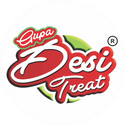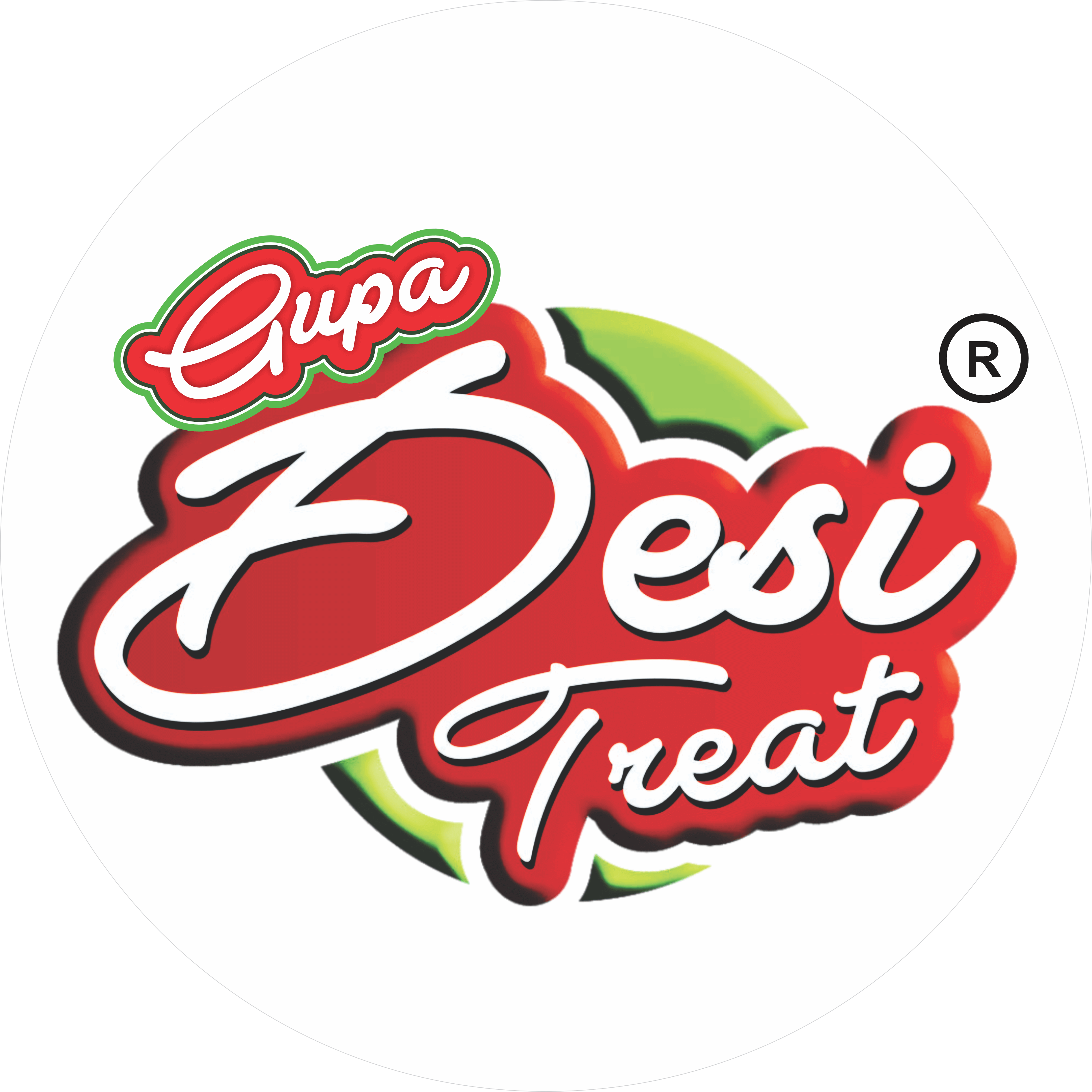The Ultimate Guide to Veganism: Recipes, Benefits, and Protein Sources
Veganism is a very Growing movement embraced by millions across the globe for its health values, ethical basis, and environmental impact. The no-animal-products diet instead focuses on plant-based food options. Whether you are an older vegan, a vegetarian going through a transition, or just curious about a plant-based diet, this comprehensive guide will hopefully inspire and inform you.
What is Veganism?
Veganism is the avoidance of consuming animal products. This encompasses meat, dairy, eggs, and even honey for some people. It's based on compassion for animals, concern for the planet, and care for personal health.
Benefits of Veganism
Health Benefits:
- Reduces the risk of heart disease, diabetes, and certain cancers.
- Supports weight management and boosts energy levels.
- Promotes better digestion due to high fiber content.
Environmental Benefits:
- Lowers greenhouse gas emissions.
- Conserves water and reduces deforestation.
Ethical Considerations:
- Avoids the exploitation of animals for food and products.
The Importance of Protein in a Plant-Based Diet
There is also the mistaken idea that people who live on vegan diets do not have adequate amounts of protein in their diet. Vegan protein sources abound to make this lifestyle an ideal choice.
best Vegan Protein Sources
-
Soya Chaap: A popular plant-based protein option that works wonderfully in spicy curries or as a tandoori dish. Its texture and taste are loved in Indian cuisine.
-
Soya Paneer Tofu: Also known as tofu, this soy-based staple is packed with protein and is incredibly versatile. Use it in stir-fries, scrambles, or even desserts.
-
Mock Chicken: Mock chicken is ideal for those seeking a direct substitute for traditional chicken in their meals.
-
Mock Meat: Mock meat provides a variety of textures and Flavours, catering to a wide range of culinary applications.
-
Veg Millet Chaap: A high-protein alternative made from millet, ideal for grilling, sautéing, or adding to salads and wraps for a hearty, nutritious meal
How to Add Protein to Vegan Meals
- Add lentils to soups and stews
- Blends protein powder with your smoothies
- You can also use nut butter as spread or dip.
Tips for Adopting a Vegan Lifestyle
Starting a vegan lifestyle can feel overwhelming, but small steps can make a big difference:
- Vegan Breakfasts: Begin with simple dishes such as oatmeal with fruits or smoothies using plant-based milk.
- Meal Planning: Ensure that your meals are balanced with adequate amounts of protein, carbs, and healthy fats.
- Try Plant-Based Recipes: Try vegan versions of your favourite dishes.
- Read labels: Identify or discover hidden animal-based products in packaged food.
- Explore Vegan Food : Discover how delicious and creative vegan food can be.
Delicious Vegan Recipes for All Occasions
Transitioning to a vegan diet doesn’t mean sacrificing flavour or variety. From breakfast to dinner, plant-based recipes can be as indulgent and satisfying as traditional dishes.
1. Breakfast Ideas-Vegan
Begin the day with a nourishing and protein-packed meal
- Vegan Smoothie Bowl: Frozen bananas, spinach, and almond milk blend with topping of chia seeds, granola, and fresh fruit
- Vegan Pancakes: Oat flour pancakes, with plant-based milk topped with maple syrup and berries
- Avocado Toast: Whole-grain bread, topped with mashed avocado, hemp seeds, and a dash of paprika
2. Lunch & Dinner Recipes
Investigate hearty and satisfying vegan food that will keep you going:
- Quinoa Buddha Bowl: Quinoa mixed with roasted vegetables, chickpeas, and tahini dressing
- Vegan Curry: A delicious coconut milk curry made from lentils and bright Indian spices to serve a rich, comforting meal.
- Stuffed Bell Peppers: Black beans, rice, and salsa inside of bell peppers baked to the perfect finish.
3. Snacks and Desserts
Energy Balls: A mixture of oats, peanut butter, and dark chocolate.
- Vegan Brownies: gooey and fudgy brownies with the use of almond flour and vegan chocolate chips.
Veganism and Sustainability
Veganism is a very effective way in which you cut your ecological footprint. Plant-based diets require several orders of magnitude fewer resources than animal-based diets. By selecting vegan food, you contribute towards a sustainable future
Frequently asked questions
Not necessarily. Staples like beans, rice, lentils, and seasonal vegetables are affordable and nutritious.
Yes! And, of course, with sources like tofu, lentils, quinoa, and nuts, vegans could easily meet their protein needs.
Absolutely! Vegan food can be so savory, full, and varied with just the right spices and ingredients.
Less water, land, energy and less greenhouse gas is released in the production of plant-based meat than from the traditional meat production.
Absolutely! It's designed to appeal to both meat-eaters and vegetarians alike, as it offers a deliciously and ethically alternative form of animal-based chicken.
Desi Treat brings different vegan satisfactions such as plant-based kebabs, biryanis and snacks for variously differently tasting feasts.























